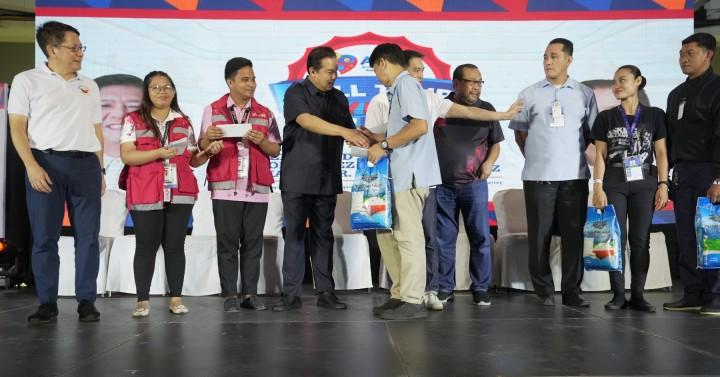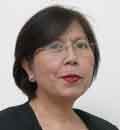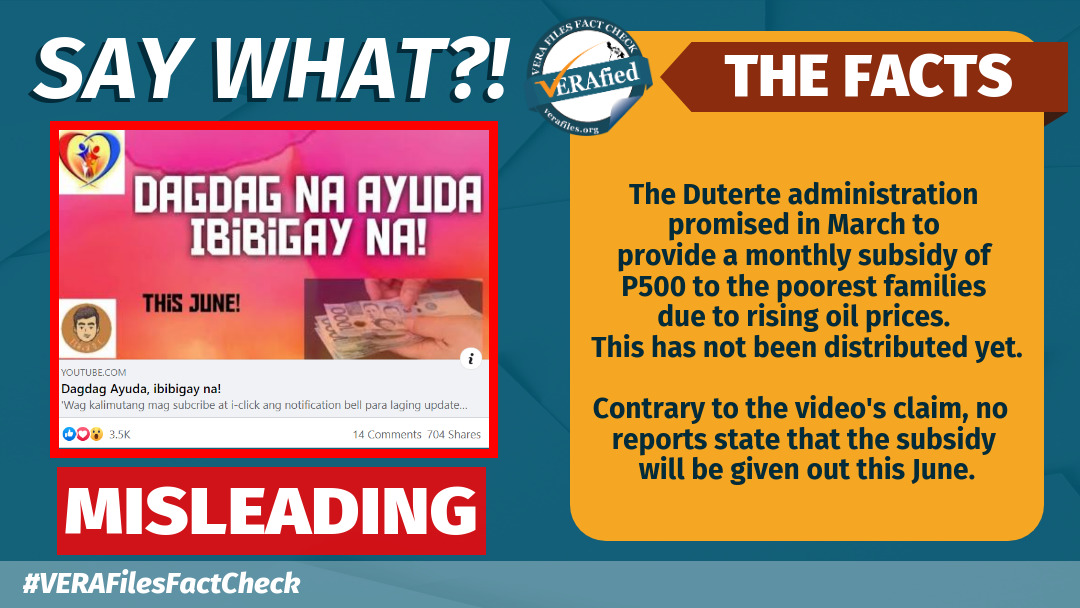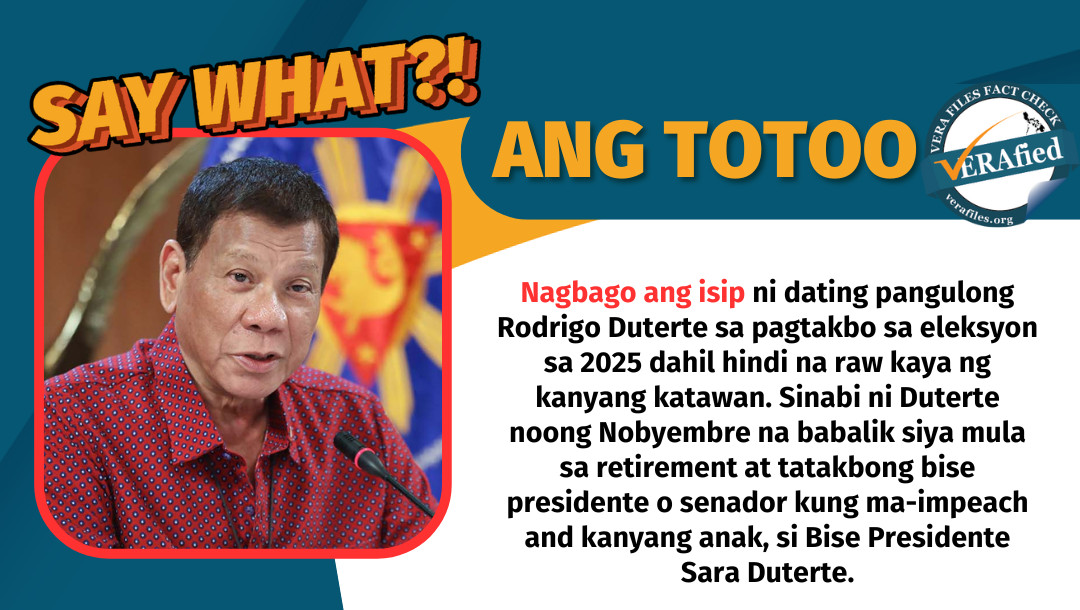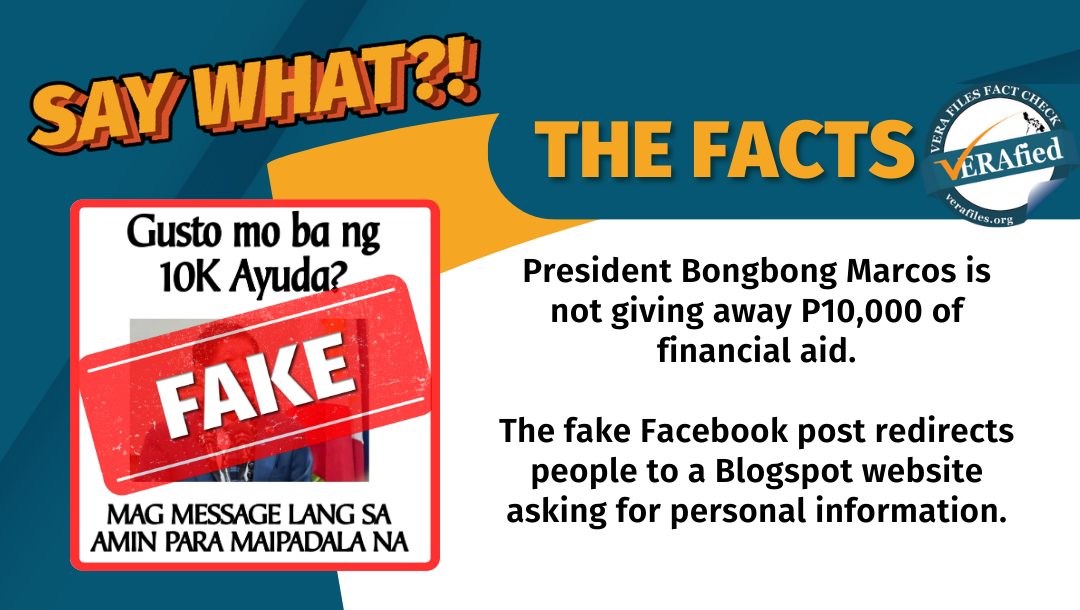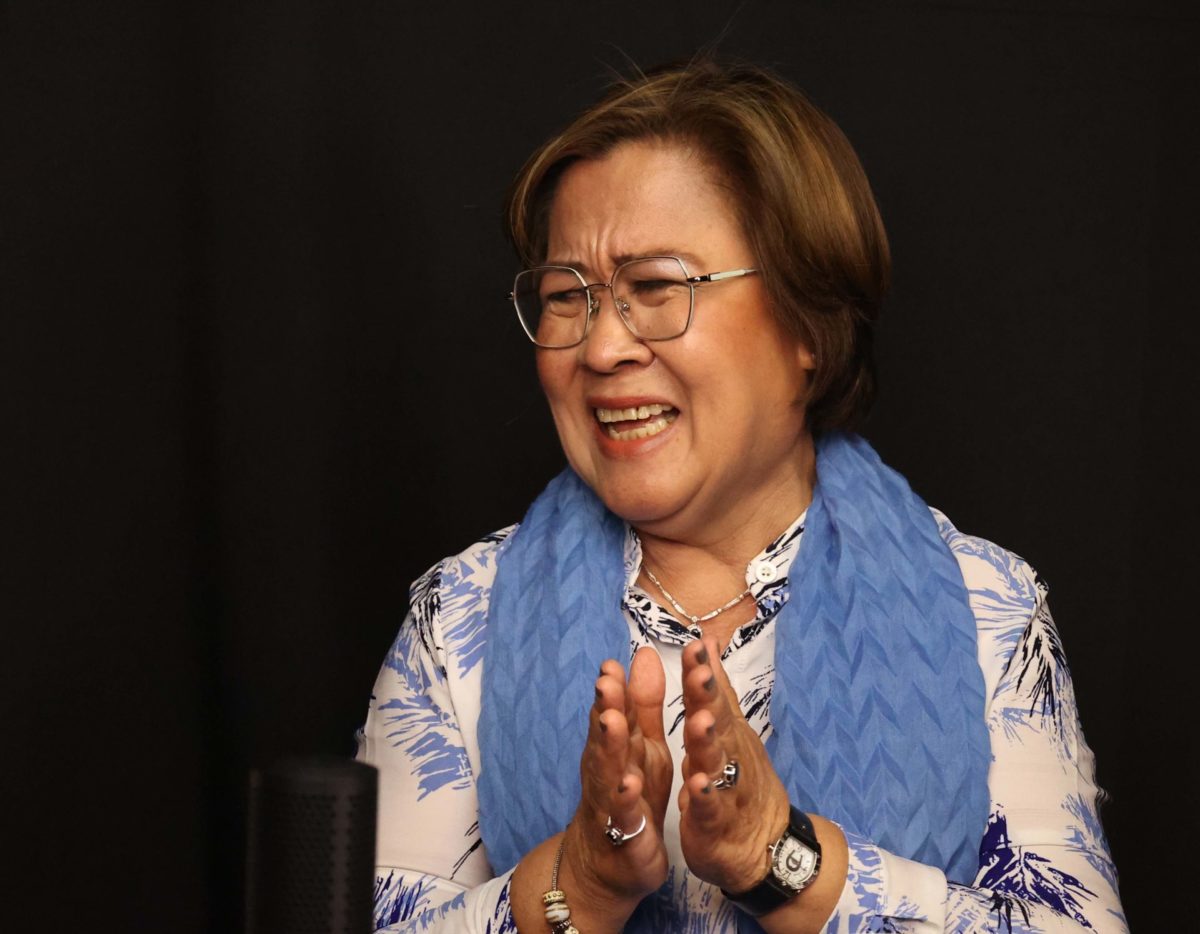The official campaign period starts on Feb. 11, just a week from today.
Most, if not all, candidates for political positions, including the senatorial aspirants ranking high in pre-election surveys, promise to do something to uplift and improve the lives of poor Filipinos.
But, as television show host Willie Revillame has said, the poor remain poor after so many presidents and other politicians completed their terms. What is lacking, he said, is a “good heart” for public service.
“Dapat hindi lang batas ng batas tungkol sa mga batas ng kung saan-saang batas,” he said after filing his certificate of candidacy for senator last October. “Batas ng mga mahihirap ang kailangan natin. Paano mabibigyan ng buhay ang ating mga kababayan; ‘yung mga batang nangangarap na walang pambili ng libro, walang sapatos, walang pang-matrikula; ‘yung mga lolo’t lola, nanay nating walang pambili ng gamot?”
Former interior and local government secretary Benhur Abalos said his legislative agenda prioritizes measures that are “malapit sa sikmura,” such as food sufficiency.
Broadcaster Erwin Tulfo has vowed to continue helping the poor and the oppressed if he wins a seat in the Senate.
His brother Ben has promised to bring to the Senate the Tulfo brothers’ brand of “community service,” which, he said, they’ve long been doing through their programs on television. “It’s community service because we’re not in the public service; it’s community service because we’re not public servants.”
“We realized after helping people for the last 22 years, they keep coming back. Broken system. In other words, you keep helping them; you’re not solving the problem because our job is to tell the truth, seek the truth and tell the truth. And so we decided to be advocate[s] by being part of the solution to the problem, and that’s the reason why we’re here [running for Senate seats],” Ben said, adding there should be an end to mendicancy.
Ben took pride in saying that the Tulfo brothers, along with incumbent senator Raffy Tulfo, have “lorded over helping people.”
Many of the other aspirants in the upcoming midterm elections have that same “welfare mentality,” and they exploit it to the hilt to win votes, particularly from those in the lower economic bracket.
This twisted mindset emphasizes the need for a reorientation on the primary functions of legislators, and that is lawmaking.
The uproar over the realignments in the annual budget from 2023 to 2025, from programmed activities to dole-outs distributed by lawmakers, shows that this “ayuda” mentality has become prevalent and is gradually being institutionalized.
Almost a year ago, Sen. Joseph Victor “JV” Ejercito called the Senate’s attention to the “ayuda mentality” of Filipinos, saying it has fostered a culture of dependency and mendicancy.
“I think we have more than enough social programs, these are all to help the poorest of the poor. Wala po tayong problema doon. But again, I would like to ask DOLE, DSWD, ano po’ng exit mechanism? Dapat meron pong paroroonan,” he said. “We are spending billions here, wala itong return, talagang pamigay ito, walang balik sa gobyerno, but it has to graduate somewhere,” he pointed out in a privilege speech.
Instead of heeding Ejercito’s plea, Congress allocated more for the unconditional “ayuda,” such as the House-initiated Ayuda sa Kapos ang Kita Program (AKAP). Yes, it was still lawmaking because they did it by law through the General Appropriations Act.
But lawmakers should no longer have a hand in distributing the assistance to potential voters. They should not encroach on the tasks of implementing agencies. In some cases, ambitious appointed officials also take advantage of these “ayuda” to be visible and popular to the beneficiaries, doing the rounds to distribute cash assistance or goods and speaking as if they’re on campaign sorties. Come election season, you’d see their faces among the candidates.
The government has given away assistance worth hundreds of billions of pesos, or perhaps trillions, to the poor over the years. Yet, so many Filipinos remain poor and hungry. Periodic surveys by the Social Weather Stations and Pulse Asia have even shown that their numbers are growing despite the many forms of “ayuda” from the government.
“Ayuda” is not bad, but it becomes wrong when it turns into a source of corruption and is taken advantage of by people in power with vested interests.
The right thing to do is to break the “ayuda” mentality. But doing so would be like giving lawmakers a boulder to hit their heads. Perhaps the next best thing to do is for voters to reject candidates who promote the “ayuda” mentality and use it for political advantage.
The views in this column are those of the author and do not necessarily reflect the views of VERA Files.
This column also appeared in The Manila Times.
